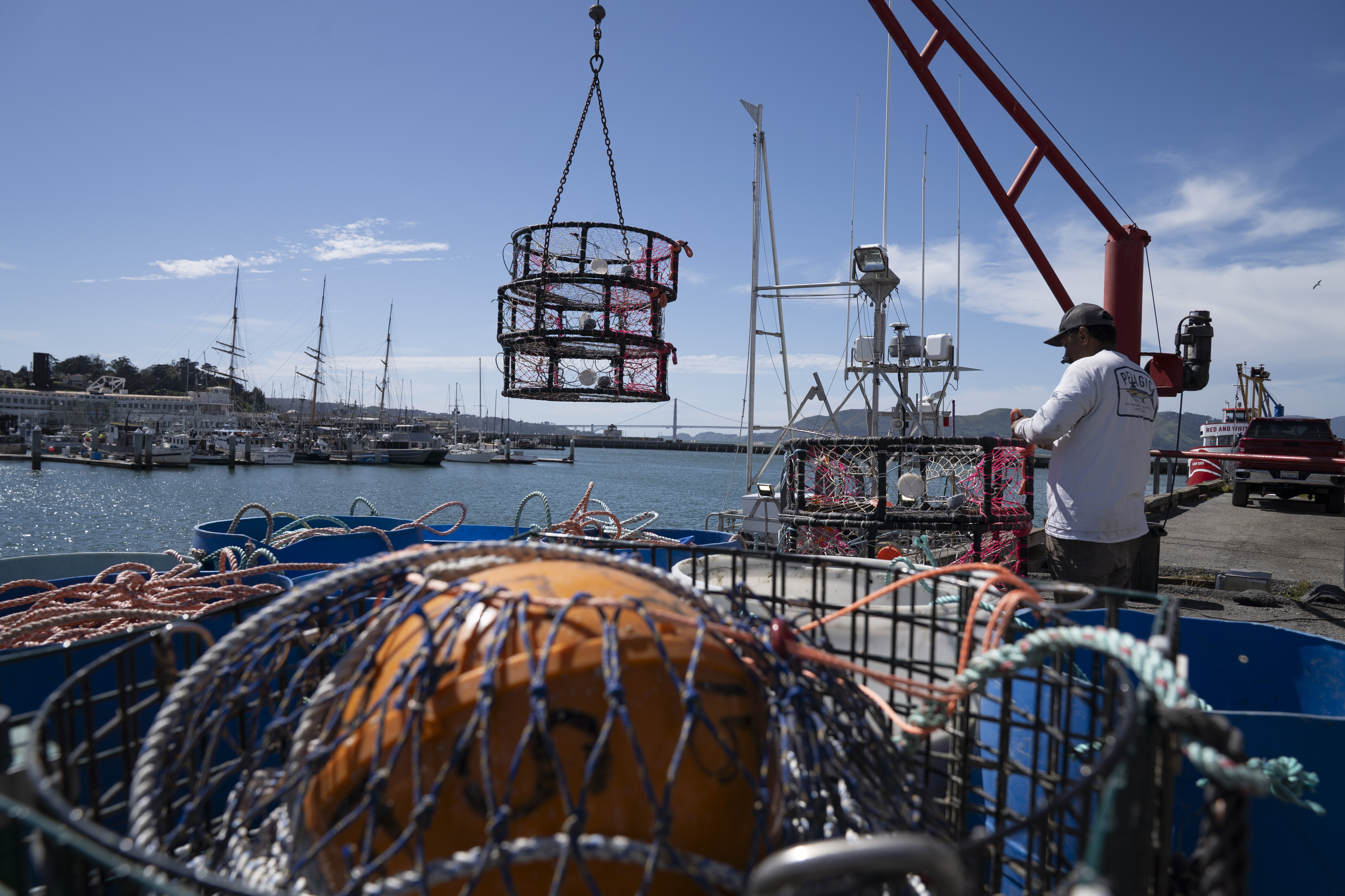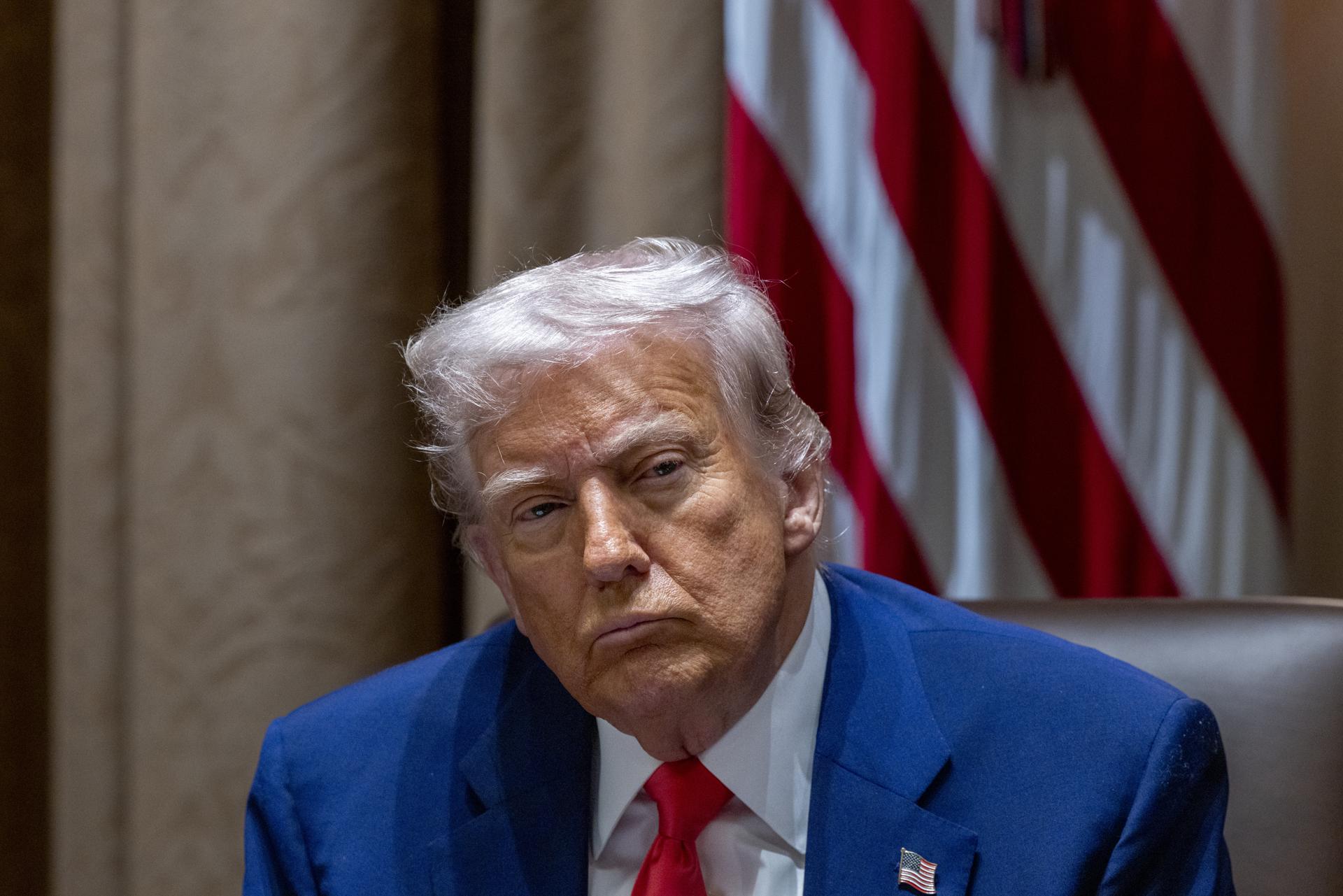A hefty 54% tax imposed by President Donald Trump on imports from China poses an existential crisis for San Francisco's Chinatown businesses, which have just started to bounce back after pandemic losses.
Nany Yu travels to China every April to meet with suppliers and manufacturers. This time, she said, a lot is riding on the trip as she hopes to strike a deal to avoid passing the high import tax onto her customers.
Everything in her gift shop comes direct from overseas, and she's concerned it's about to cost more.

"Whenever there's a price adjustment or tariffs, I just have to eat that up and lower my profit so I need to go to China and talk with my supplier if I can get a discount," Yu said.
Yu said she's not the only business owner feeling the pressure.
"Groceries, jewelry shops, clothing, gift shops, we all feel the pain," she said.
Local
In the past, Chinatown businesses found a tariff workaround by having suppliers send goods to Vietnam, Latin America, or Africa. Now, with President Trump's sweeping tariffs across the globe, they have fewer options.
During President Trump's first term, Ker Gibbs, president of the American Chamber of Commerce in Shanghai, worked directly with the president and Chinese government officials to find a workaround for the tariffs imposed. This time, Gibbs said the tariffs are higher, and the U.S. strategy is less clear.
Get a weekly recap of the latest San Francisco Bay Area housing news. Sign up for NBC Bay Area’s Housing Deconstructed newsletter.
"Are these permanent tariffs where he's restructuring the whole global trading system, or is this a negotiating position," he said.
All the uncertainty sent stocks plummeting in the Asia-Pacific markets and leaving investors questioning the decision.
"So what does this mean for the global economy? Are we about to experience a recession here in the US and all over the world?" said Anastassia Fedyk, assistant professor of finance at Haas School of Business at UC Berkeley.
Yu said she hopes she and others can get through the uncertainty.
"Hopefully, we can still survive and go through this together," she said.



